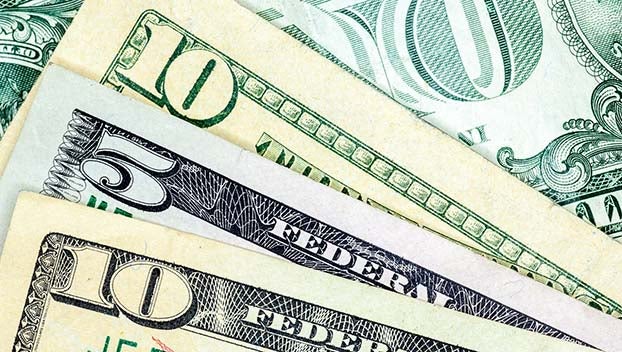$1,400 stimulus checks still on table. House lawmakers hope to take vote on COVID-19 relief bill Friday
Published 6:04 am Wednesday, February 24, 2021
The U.S. House of Representatives plans to vote Friday on President Joe Biden’s $1.9 trillion COVID-19 relief bill, which includes $1,400 stimulus checks for most Americans.
On Monday, the budget committee held the first major vote for the 591-page package, as Democrats continue to debate issues such as raising the minimum wage and how much aid to funnel to struggling state and local governments; the measure passed the panel on a largely party-line vote of 19-16.
Americans who received a check in the last round of direct payments would get one with this potential third round, but that could change as the legislation moves through Congress.
Democrats are hoping to pass the stimulus deal before March 14, the day that $300 weekly unemployment benefits approved in December’s coronavirus package expire.
An overall relief bill, including a minimum wage boost, is expected to clear the House, and likely the Senate as well. But the minimum wage boost’s fate is shaky in the Senate, where Joe Manchin of West Virginia, perhaps the chamber’s most conservative Democrat, has said $15 is too expensive. Sen. Kyrsten Sinema, D-Ariz., has suggested she might oppose it, too.
WHAT’S IN THE PROPOSAL?
The most recent stimulus bill includes $1,400 direct payments for individuals making up to $75,000 a year and married couples earning up to $150,000 a year — the same income thresholds in Biden’s $1.9 trillion emergency plan released in January. The new plan has a faster phase-out than in previous proposals, capping payments at $100,000 for individuals and $200,000 for couples.
The House bill would extend the Pandemic Unemployment Assistance and Pandemic Emergency Unemployment Compensation programs through Aug. 29 and increase weekly federal benefits from $300 to $400.
The proposal also includes:
- roughly $19.1 billion for state and local governments
- expanding the child tax credit to $3,600 for children under age 6 and $3,000 for children under
- nearly $130 billion for K-12 schools to help reopen schools
- $15 billion for the Emergency Injury Disaster Loan program for low-interest loans from the Small Business Administration
- $25 billion for grants for bars and restaurants
- $14 billion for distribution, research and administration of vaccines
- $46 billion for contact tracing, testing and mitigation






